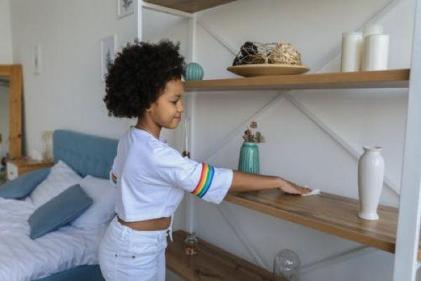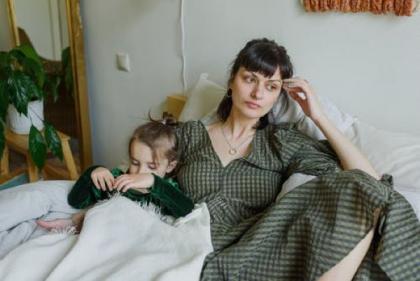Temperament refers to your child’s basic personality. Some are passive, some are shy, others are outgoing, and some are bossy.
At this age, it’s quite common for your child to be bossy. In fact, you’ve probably noticed that your child tends to give orders. You’re likely to hear things like ‘Mummy, come here!’ or ‘Toast, now!’ more often than you hear polite requests. This is perfectly normal, and at this age, it’s simply because your child truly believes that he or she is the centre of the universe, and that you, your partner, and everyone else, are here solely for his or her convenience.
Trust that your child’s true temperament will eventually show through, and in the mean time, encourage and remind your child to use please and thank you when making a request, and to use a polite voice. Often, this kind of bossy behaviour is simply an attempt to get your attention, because your child really wants you to help him or her, play a game, or do something for them right now. Accept it patiently for what it is, and don’t take it too personally.
At this age, it’s quite common for your child to be bossy. In fact, you’ve probably noticed that your child tends to give orders. You’re likely to hear things like ‘Mummy, come here!’ or ‘Toast, now!’ more often than you hear polite requests. This is perfectly normal, and at this age, it’s simply because your child truly believes that he or she is the centre of the universe, and that you, your partner, and everyone else, are here solely for his or her convenience.
Trust that your child’s true temperament will eventually show through, and in the mean time, encourage and remind your child to use please and thank you when making a request, and to use a polite voice. Often, this kind of bossy behaviour is simply an attempt to get your attention, because your child really wants you to help him or her, play a game, or do something for them right now. Accept it patiently for what it is, and don’t take it too personally.




